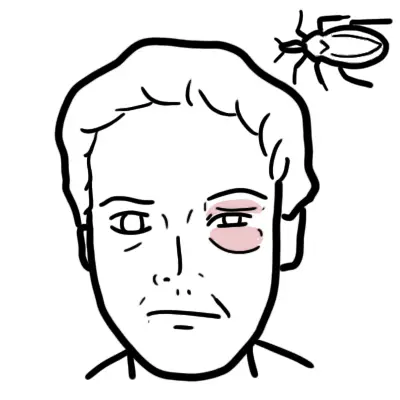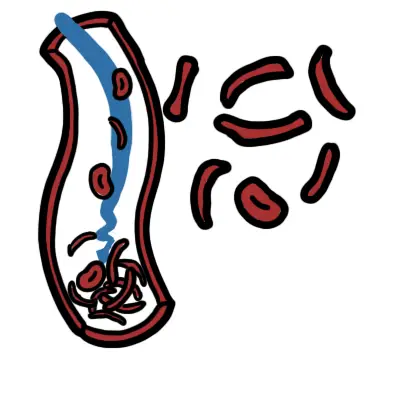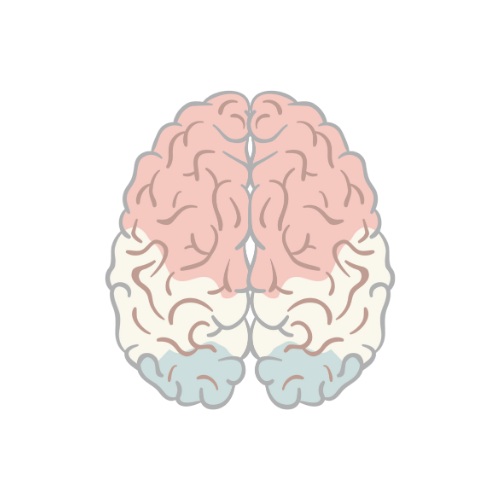
AuthorsMegan Miner Armando Faigl Overview Chagas disease is caused by the parasitic protozoan Trypanosoma cruzi (T. cruzi) and is potentially life-threatening. These parasites often live within triatomine bugs. Following a bite to the skin, these bugs, also known as “kissing bugs”, deposit fecal matter near the site of the bite. Their bite, unfortunately, causes the person […]

Overview Sickle cell anaemia is an autosomal recessive disorder causing production of abnormal ß-globin chains. A single amino acid is substituted in the ß-globin chain (Glu to Val at position 6). This results in the production of HbS (haemoglobin Sickle) rather than HbA. The common variants of sickle cell disease are: Red Blood Cells Physiology […]

Overview Overview Nephritic syndrome is one of two clinical patterns seen in glomerular disease. Nephritic Syndrome is characterised by haematuria, proteinuria, hypertension and oligouria. Nephritic syndrome can be further classified based on light microscopic features: DefinitionGlomerular Disease: Disease effecting the glomerulus. Glomerular disease reduces the ability of the kidneys to maintain a balance of certain substances in bloodstreamNephritic Syndrome: Group […]

Overview Myelofibrosis is a type of myeloproliferative diseasecharacterized by clonal myeloid expansion, followed by progressive fibrous connective tissue deposition in the bone marrow, resulting in bone marrow failure. Clonal evolution can also occur, with an increased risk of transformation to acute myeloid leukemia. In addition, disabling constitutional symptoms secondary to the high circulating levels of […]

This section looks at gallstone disease in general. For info on cholecystitis specifically click here. Overview DefinitionCholelithiasis: gallstonesCholedocholithiasis: presence of stones within the biliary treeCholangitis: infection of the common bile duct, usually ascending from gut flora.Biliary Colic: Temporary obstruction of the cystic or common bile duct by a stone usually migrating from the gall bladderAcute Cholecystitis: Inflammation […]

Overview Systemic lupus erythematosus (SLE) is an autoimmune disease. SLE is a chronic multi-system disorder that most commonly affects women during their reproductive years. The pathophysiology of SLE involve many vital organs and tissues such as the brain, blood, and the kidney, the vast majority affecting women of childbearing age. Immune-system aberrations, as well as heritable, hormonal, and […]